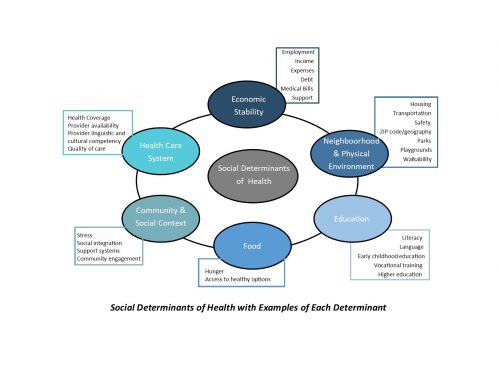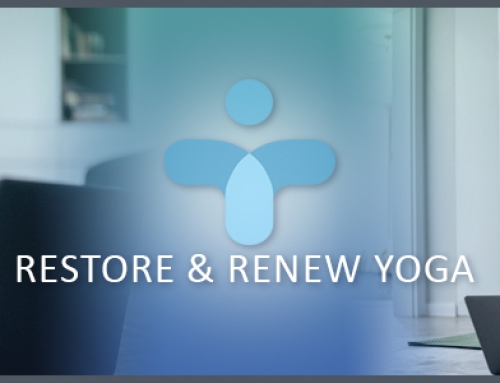Sharing Thoughts about Virtual Workers’ Compensation Case Management Services via Video
As a company, CompAlliance has been busy trying to think of meaningful ways to reach our clients including the new millennial component of our workers’ compensation claims industry. So we performed some research on how different groups of our clients (divided by age) might prefer to learn about our services. Virtually every respondent to a survey on social media viewing habits is using social media multiple times per day. According to a MediaKix survey, the average person spends nearly two hours per day on social media. On average, those same survey respondents spent 40 minutes per day on YouTube; 35 minutes on Facebook; 25 minutes on Snapchat; and 15 minutes on Instagram.
We then looked at how long a video should be to hold attention but also provide enough detail to be meaningful. Some great content that is more than a couple of minutes long pops up on news feeds, but if all things are even, it looks like the sweet spot for reaching millennials is between 30-60 seconds. Another way to look at this might be to say that 9 out of every 10 millennials responded that the optimal length for a social video is two minutes or less.
During this time when our traditional methods of sharing information about our services, and results derived from these services has been turned on its ear, we decided to dip our toe into video production. We wanted to start with the virtual services that have developed in response to the COVID-19 pandemic. These services are geared towards making the work of an employer, a claims profession and a recovering worker easier, more effective and efficient.
Since the research shows our target audience would rather view the video than read a lengthy description, I am going to provide you a brief description and the links to the three videos. We look forward to receiving your feedback, thoughts, suggestions for improvement and also for additional topics.
24/7 COVID Nurse Triage
With the heightened concern about the 2019 Novel Coronavirus (COVID-19) outbreak, we anticipate many of you are making critical decisions around health, safety and operations. As your partner, CompAlliance, a Mitchell | Genex company, is committed first to the well-being of all stakeholders.
A Nurse Triage Program facilitates immediate telephonic contact with a Professional Nurse on a 24/7 basis for your employees and their supervisors, to help clarify concerns raised regarding potential exposure or contraction of the COVID-19 virus.
THE 24/7 TELEPHONIC TRIAGE NURSE CAN HELP CLARIFY AND OFFER ALTERNATIVES WHEN QUESTIONS ARISE. For more information about the CompAlliance COVID Nurse Triage services, please review the video https://vimeo.com/compalliancemanagedcare/covidnursetriage or contact us at info@compalliance.com
Virtual Ergonomic Assessment and Training
Keeping Your Newly “Stay Home, Work Safe” Employees’ Worksite Safe. Your Employees Working from Home Amid the COVID-19 Pandemic May Find Their Makeshift Office is a Literal Pain in Their Neck.
Many people don’t have proper office chairs at home and working for extended periods of time at their kitchen counter or hunched over a coffee table is not great for their body or overall health. Your staff will need to be extra aware of their posture and routine, so they can combat the stress and strain that might come from working in a compromised position. Typically, your staff may be used to responding to a few emails or writing a quick report from home over the weekend, but this extended work from home timeframe is a different story.
Now is the time to review your staff’s work-at-home setup and make sure it’s ergonomically sound for their spinal health. CompAlliance’s Ergonomic Assessment and Training Team are here to help! For more information, check out this video about working in the #NewNormal. https://vimeo.com/compalliancemanagedcare/virtual-ergonomic-training or contact us at info@compalliance.com
Alternative Transitional Duty
Use of Alternative Transitional Duty in Workers’ Compensation cases assists the Medical and Vocational Case Managers in their goals of keeping the Recovering Worker at work!
CompAlliance recognizes helping recovering workers RTW as soon as medically possible is a high priority. Returning to work speeds a recovering worker’s recovery and reduces the financial impact of a workers’ compensation claim on the worker, the employer and the workers’ compensation system. The key is to ACT QUICKLY. The CompAlliance Alternative Transitional Duty (ATD) programs encourage RTW options much earlier in the claims process; benefiting all stakeholders. Check out this video that explains that Alternative Transitional Duty is still viable in this #NewNormal. https://vimeo.com/compalliancemanagedcare/alternativetransitionalduty or contact us at info@compalliance.com



